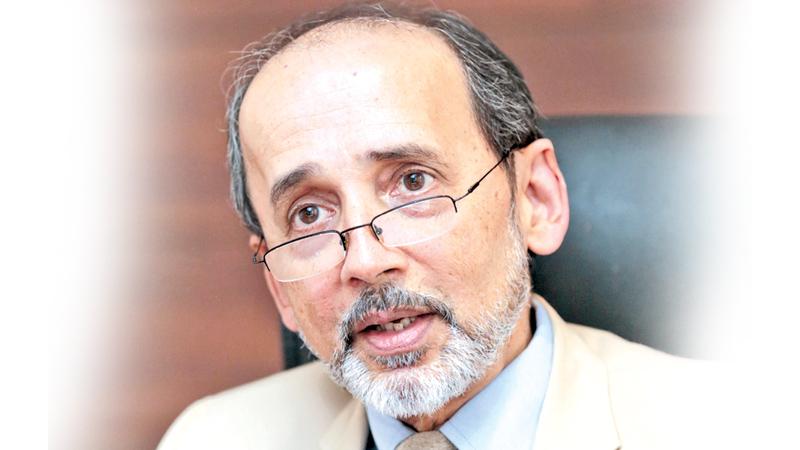
Last year (2017), was a fairly good year for the tea industry but it could have been much better if not for the glyphosate ban which resulted in a revenue loss of around Rs.10-20 billion from production, Sri Lanka Tea Board Chairman Rohan Pethiyagoda said.
He said production increased by around five percent and prices rose substantially above that in the past year. However, by no means should the industry be complacent about it since it could have increased production at least by another five percent.
“The ban on the weed killer has been disastrous for the industry. The disaster is not just in terms of loss of production which is the least of my worries but it is also in terms of loss of income which would have gone into the hands of plantation workers,” Pethiyagoda said.
He said the most obvious alternative, manual weeding, is simply not an option. Manual weeding loosens the topsoil which results in the loose soil being washed into rivers and waterways at the next rain, triggering soil erosion.
“Alternatives to Glyphosate certainly exist but they need to be affordable and acceptable to tea-importing countries. We are competing with major tea-exporting countries such as Kenya and India which use glyphosate. If we resort to costly alternatives we will not be able to compete in the global market as already are cost of production is higher than these countries,’ the Tea Board chief said. Another issue in resorting to alternatives according to Pethiyagoda is that the industry will have to persuade tea importing countries to accept residues of the alternatives in the tea we export which is a slow and long process.
However, with regard to exports, the Tea Board is not pleased with the quantum of growth in value added exports.
“We did not see much volume-growth in our value-added sector. The main demand from exporters is to give them a freer hand to import teas for blending and re-export. The SLTB will need to consider the best way for it,” Pethiyagoda said.
The industry regulator will pay greater attention to the maintenance of quality which is a hallmark of Ceylon Tea. The Tea Board Chief backed by the Plantation Industries Minister said tough measures will be taken to spruce up the industry from mal practices to maintain quality of Ceylon Tea.
“I have already put the industry on notice that any factory producing tea with unacceptably high levels of pesticides or extraneous matter will be shut down.
I have given time until February, and within this month we will be testing teas from at least 100 factories monthly and suspending the operation of any that are found to be substantially in excess of the limits,” Pethiyagoda said.
